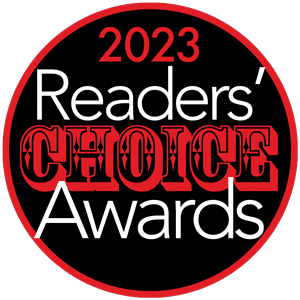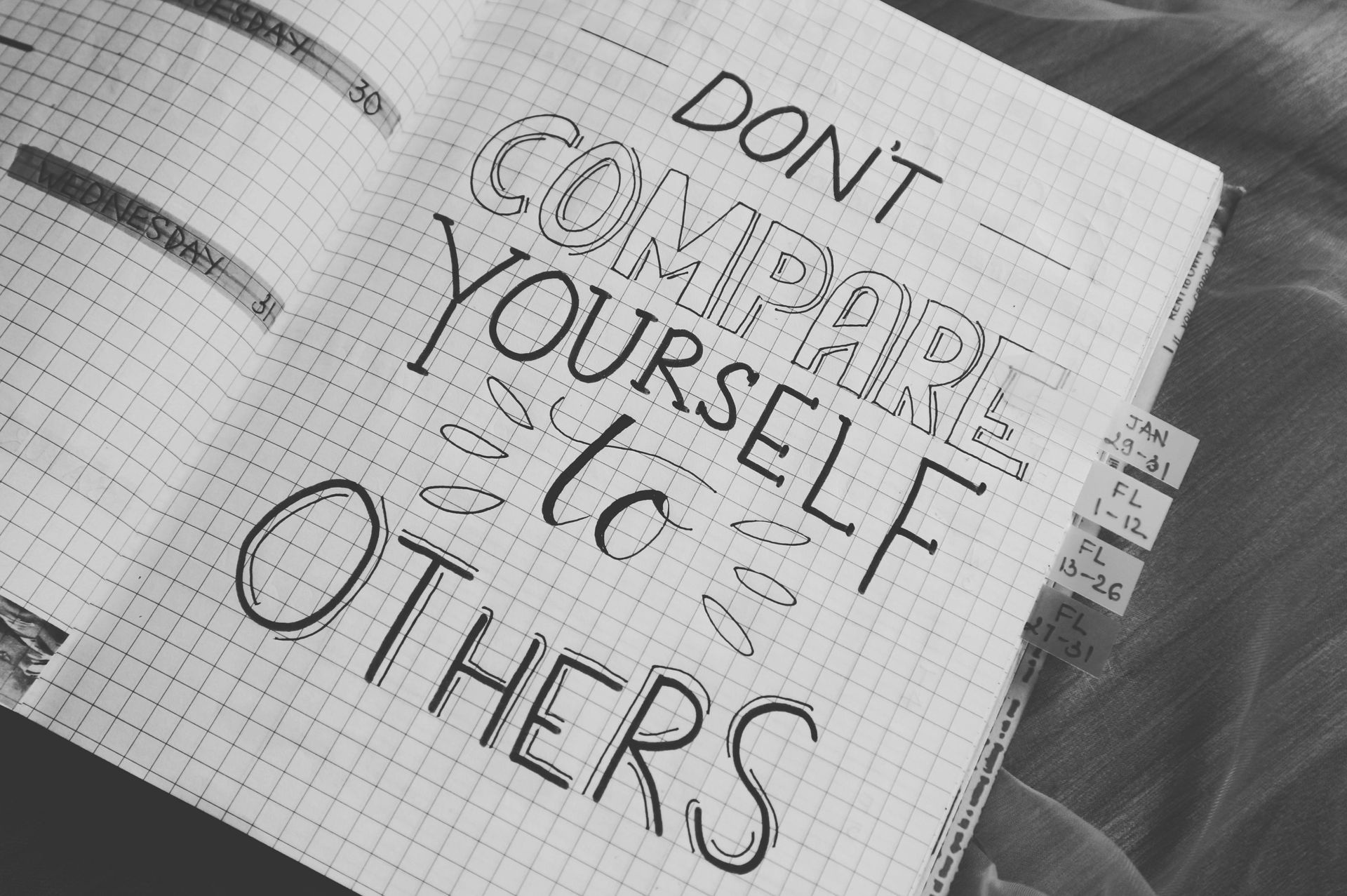Dallas Intellectual Property Litigation Attorney
Discover expert patent, trademark, and copyright litigation services in Dallas. Our top-tier legal team specializes in protecting your intellectual property rights. From securing patents to defending trademarks and copyrights, trust us to navigate complex IP disputes and deliver favorable outcomes.
Dallas Intellectual Property Litigation Attorney
Intellectual property (IP) litigation is the pursuit of upholding the rights of patent, trademark, and copyright inventors, owners, and creators. Wilson Legal Group (dba Wilson Whitaker Rynell) is an expert Dallas intellectual property litigation firm and lawyers. We protect and defend IP disputes with all its nuanced interpretations, technical aspects, and distinctive intellectual property attributes.
What to Expect During Intellectual Property Litigation
During patent, trademark, and copyright litigation, individuals can expect a rigorous legal process aimed at resolving disputes over intellectual property rights. In patent litigation, parties engage in intricate analysis of patent claims, prior art, and technical details to determine validity and infringement. Trademark litigation involves evaluation of brand identifiers, consumer confusion, and marketplace impact. Copyright litigation focuses on protecting original works of authorship from unauthorized use or reproduction. Throughout these proceedings, parties may engage in discovery, motion practice, and trial, with potential outcomes including injunctions, damages, or licensing agreements. Skilled legal representation is crucial to navigate the complexities of IP litigation effectively.
An intellectual property dispute refers to a situation when another party infringes upon someone else’s intellectual property. The vast majority of intellectual property disputes fall under the umbrella of copyright infringement, trademark infringement, or patent infringement. However, corporate espionage can also give rise to a dispute. For example, a dispute could include someone bribing a company employee for trade secrets, client lists, or other insider information. Litigation attempts to resolve the dispute by stopping the infringement and recovering damages for the legal property owner.
Wilson Legal Group (also known as Wilson Whitaker Rynell) is a leading trademark and patent law firm serving Austin, Dallas, and Houston, with over 25 years of expertise. Renowned for consistently ranking among the industry's top firms, we cater to a diverse clientele, spanning small businesses to large corporations.
Intellectual Property Litigation Services Offered
Patent Litigation Protection
In navigating patent disputes, our team at Wilson Whitaker Rynell adopts a multifaceted approach aimed at protecting your intellectual property rights. From the issuance of cease-and-desist orders to the pursuit of damages, we are committed to vigorously representing your interests against infringers. Moreover, our Dallas business attorneys possess the requisite expertise to adeptly handle defendant-side actions, ensuring your rights are safeguarded amidst accusations and legal complexities. With Wilson Whitaker Rynell by your side, you can trust in our dedication to achieving favorable outcomes in patent litigation matters, bolstered by our unwavering commitment to client advocacy and legal excellence.
BEST DALLAS IP LAWYERS NEAR ME, FREE CONSULTATION AND BIG FIRM EXPERTISE!
Trademark Infringement Protection
Trademark infringement poses a significant threat to the integrity and uniqueness of your brand. At Wilson Whitaker Rynell, we recognize the importance of swift and decisive action in addressing such issues. Whether it involves competitors or counterfeiters unlawfully utilizing your logos or slogans, our seasoned team of legal professionals is prepared to take proactive measures to protect your brand identifiers. With our expertise in trademark law and litigation, we advocate for your rights in court, leveraging our comprehensive understanding of intellectual property laws to assert your rightful ownership and ensure effective protection of your brand assets.
Copyright Violation Protection
Copyright violations represent a serious infringement upon your creative works and intellectual property. We understand the significance of safeguarding your artistic expressions and written creations from unauthorized use or exploitation. Our Dallas intellectual property lawyers are dedicated to defending the rights of entrepreneurs and businesses facing copyright infringement cases. With our unwavering commitment to legal excellence and client advocacy, we navigate the complexities of copyright law with precision and diligence, ensuring that your rights are upheld and protected throughout the litigation process.



Top-Rated Dallas Intellectual Property Litigation Lawyer Near You
Wilson Legal Group (also known as Wilson Whitaker Rynell) is a leading trademark and patent law firm serving Austin, Dallas, and Houston, with over 25 years of expertise; however, many of Wilson Whitaker Rynell's Dallas IP attorneys are former big-firm litigators or in-house counsel from Fish & Richardson
, Jenkens & Gilchrist
, Bickel & Brewer
, and Nortel Networks. Our IP attorneys deliver big firm talent, unparalleled advocacy, to bring your case to a favorable settlements and, if necessary, trial. We have big firm talent, and a more boutique firm price.
Facing IP Litigation? Speak with a Dallas Intellectual Property Attorney
We provide free consultations in litigation concerning patents, trademarks, copyrights, and trade dress infringement, boasting extensive expertise across all facets of trademark and patent registration, as well as protection. Our IP attorneys have advanced decrees and vigorously defends the intellectual property rights of both national and international trademark and patent clients.
Wilson Whitaker Rynell encourages you to consider the following before you file any IP litigation:
Consult with an IP Attorney:
Seek guidance from a qualified attorney experienced in IP law. They can assess your situation, explain your rights, and advise you on the best course of action.Understand Your IP Rights:
Familiarize yourself with the specifics of your intellectual property rights. Whether it's patents, trademarks, copyrights, or trade secrets, knowing what you own and how it's protected is crucial.Gather Evidence::
Collect and organize any relevant documents, contracts, communications, and other evidence related to your IP. This evidence can be vital in supporting your case and protecting your rights.Consider Settlement Options:
Litigation can be lengthy, expensive, and uncertain. Explore settlement options such as mediation or negotiation to potentially resolve the dispute outside of court. A settlement can often be a quicker and less costly solution compared to full-scale litigation.Stay Proactive and Responsive:
Respond promptly to any legal notices or communications from the opposing party or the court. Being proactive and keeping open lines of communication with your attorney is essential throughout the litigation process.Protect Confidential Information:
Be cautious about disclosing sensitive information during the litigation process. Take steps to protect your trade secrets and confidential information from being disclosed to unauthorized parties.Remember, each IP litigation case is unique, and there is no one-size-fits-all solution. Our litigation attorneys will provide you guidance, help you understand your rights, and carefully considering your options, before and during IP litigation.
Award Winning
Recognized in the legal industry as dedicated board-certified lawyers and Rising Stars.
Expert Team
Your project will be handled by legal experts every time. You will have the most experienced attorneys working for you.
Quality Representation












